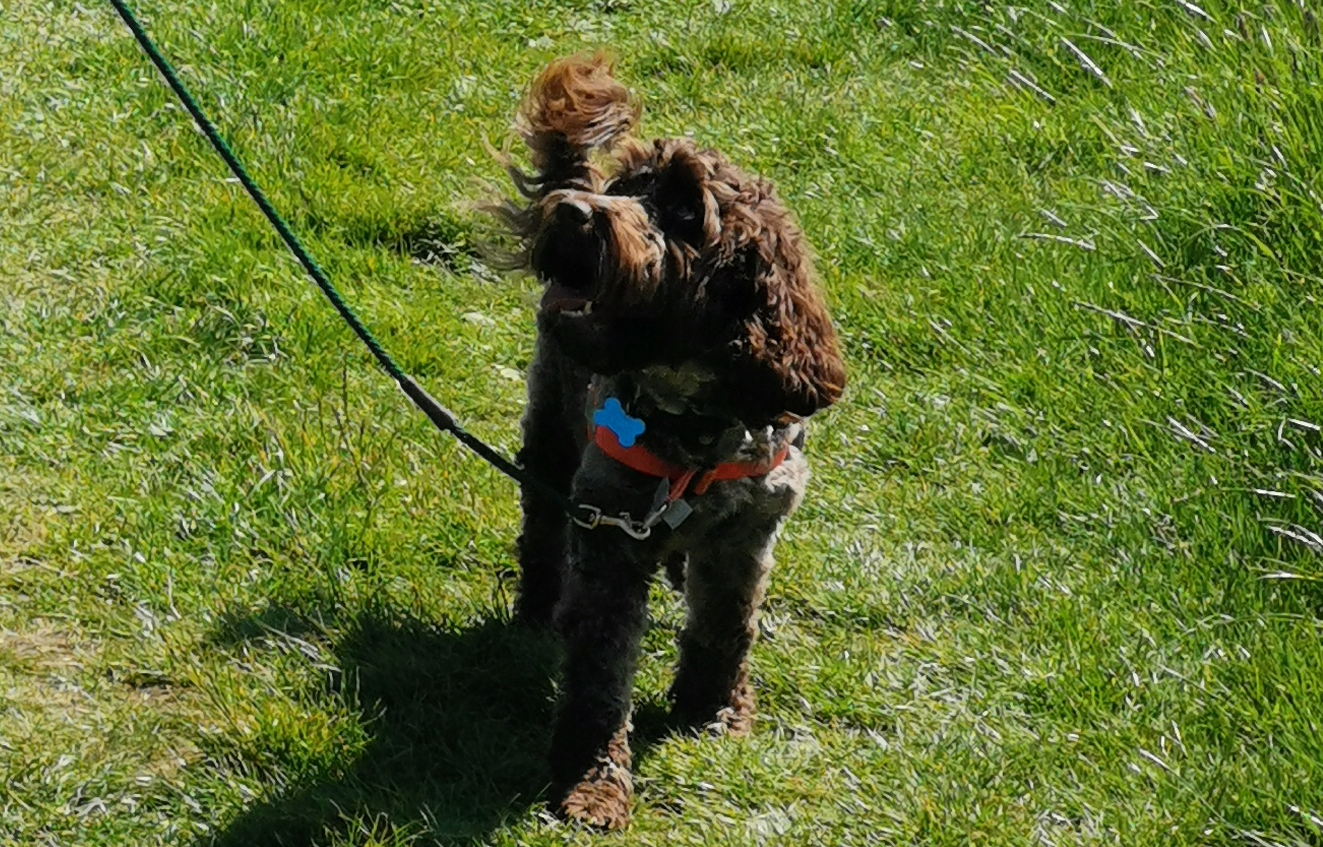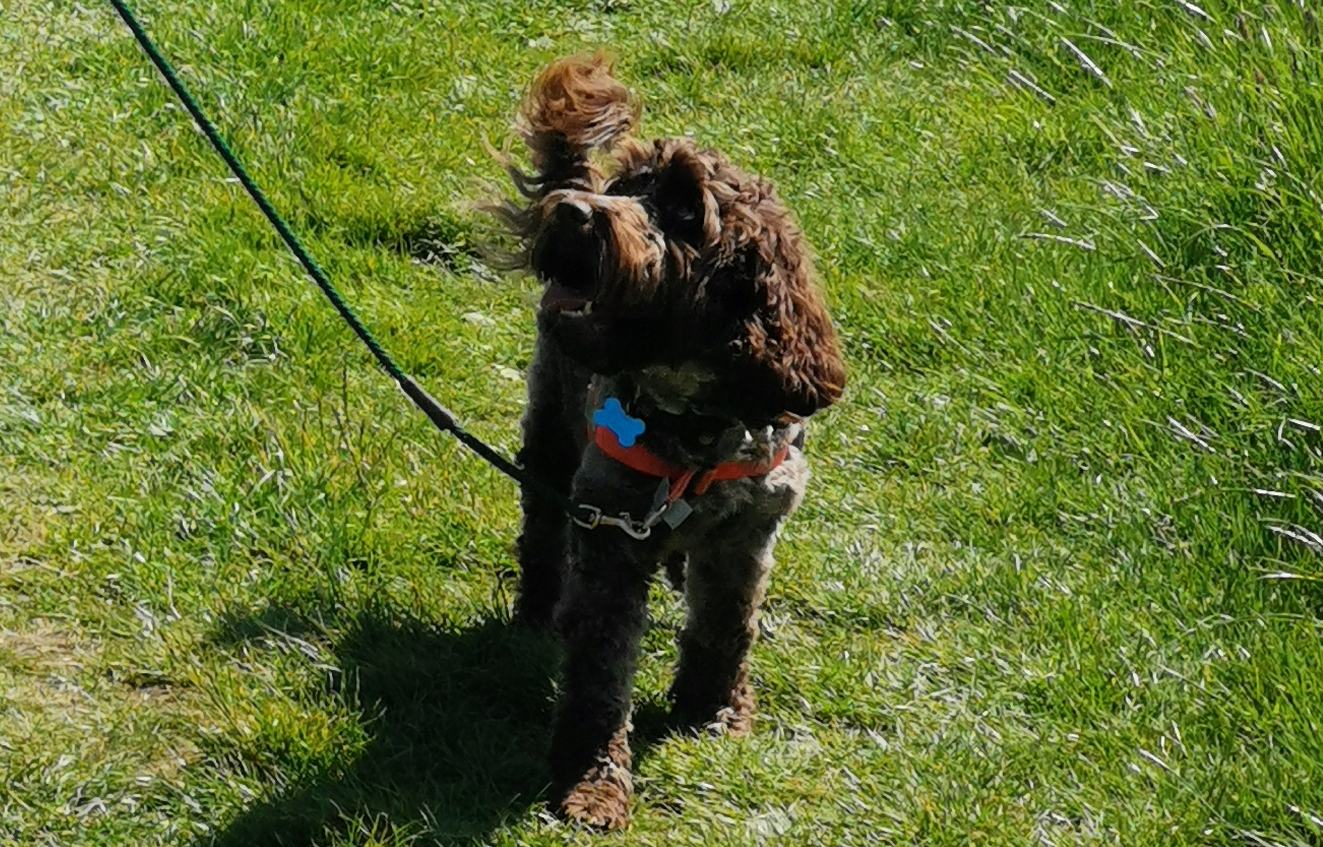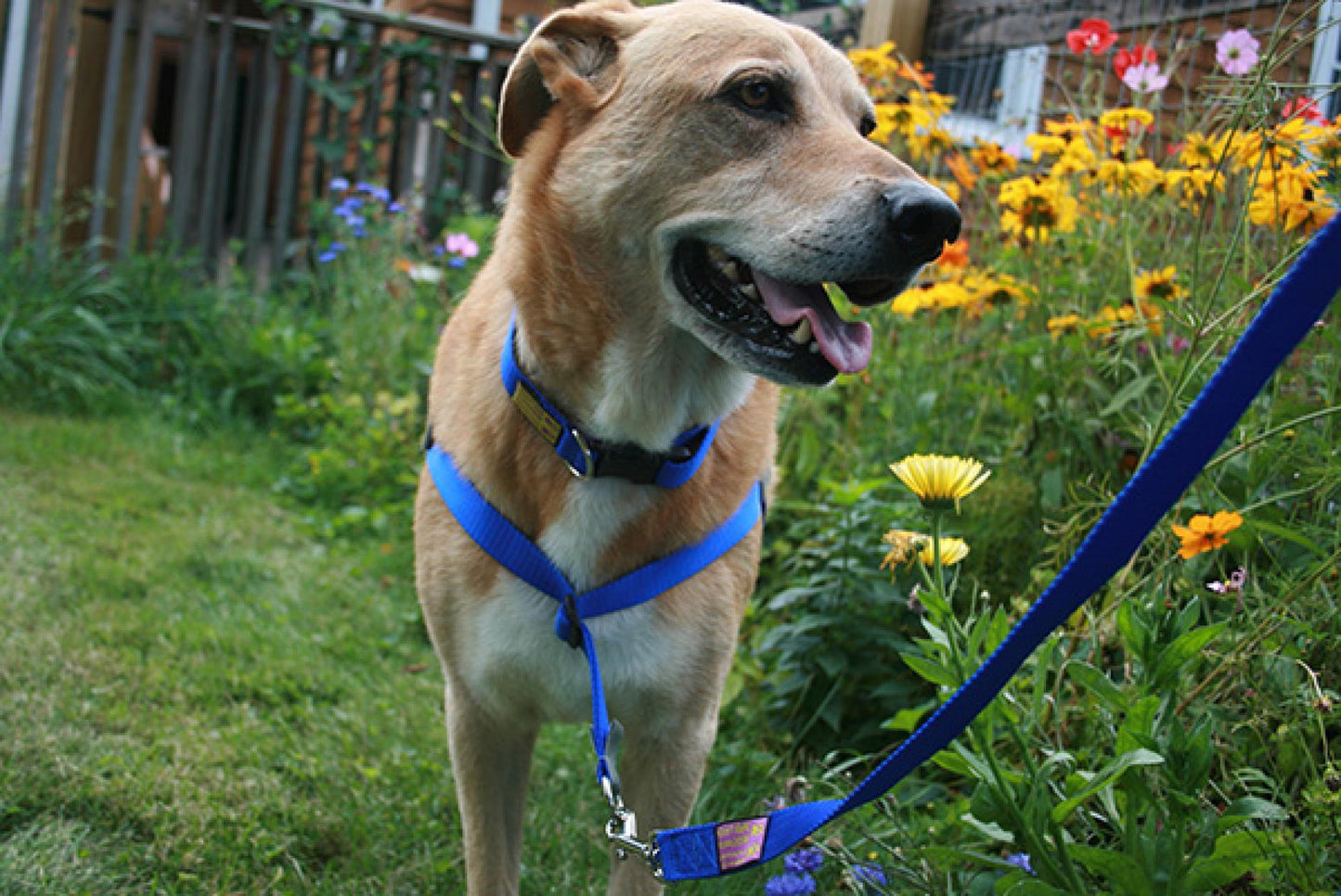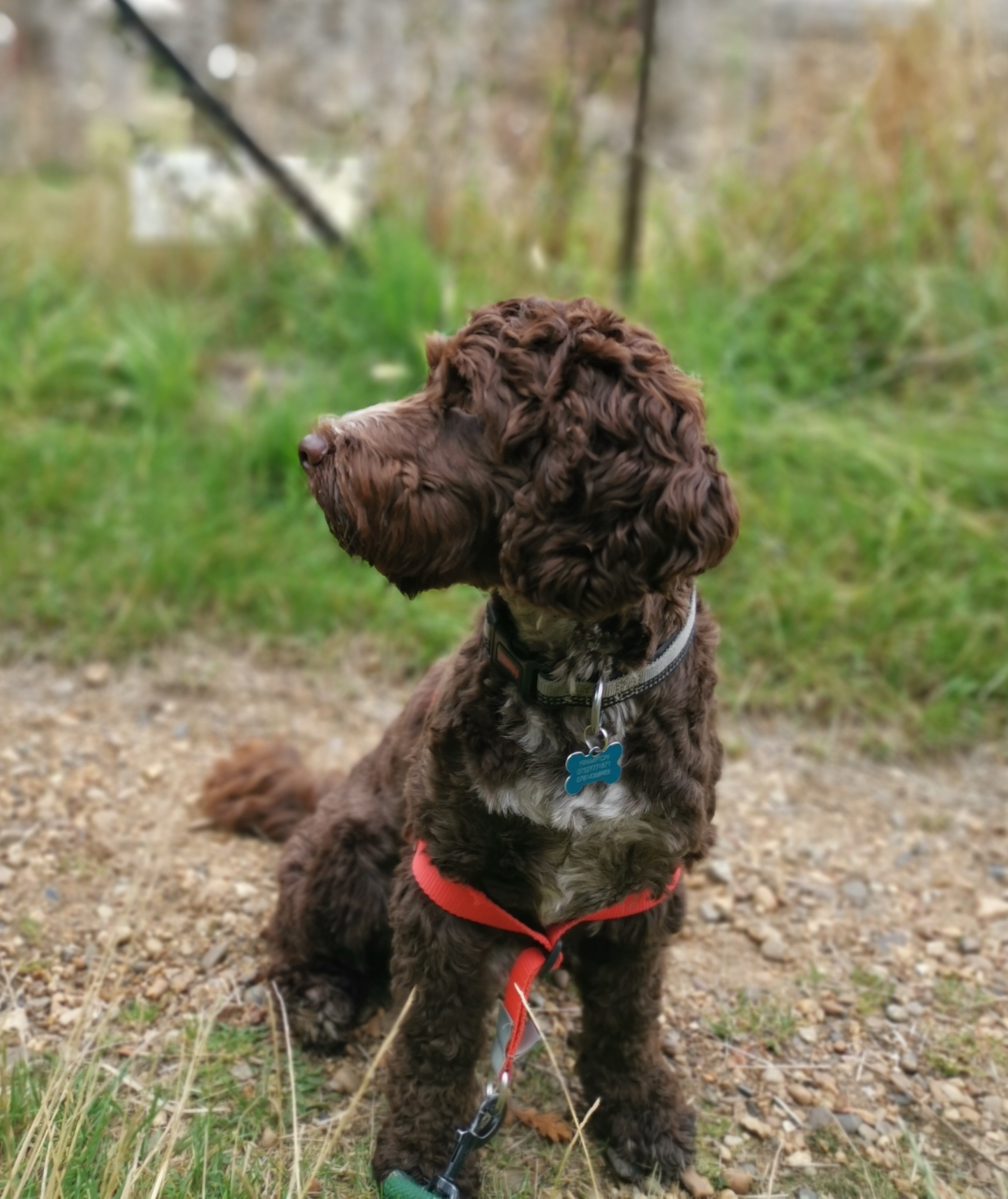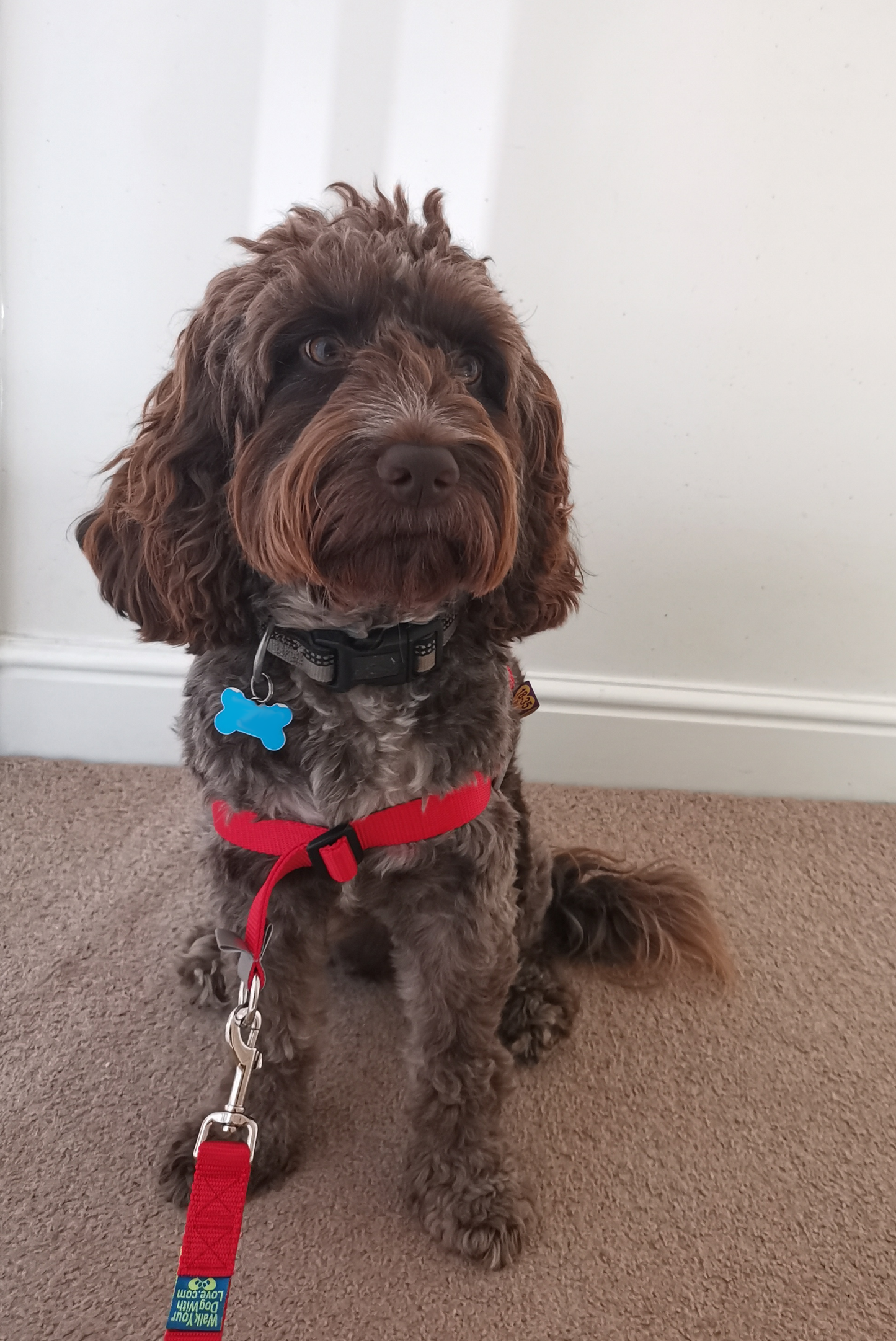Socializing your dog is a crucial aspect of raising a well-rounded, confident, and well-behaved pet. Proper socialization helps your dog develop positive behaviors and reduces the likelihood of fear and aggression towards unfamiliar people, animals, and environments. Here are some key reasons why socializing your dog is important and tips on how to do it effectively.
1. Reduces Fear and Anxiety
Dogs that are not properly socialized often develop fear and anxiety towards new experiences. Introducing your dog to a variety of people, animals, and environments during their early developmental stages helps them become more confident and less fearful. A well-socialized dog is more likely to remain calm and composed in new situations, making them easier to manage and less stressed.
2. Prevents Aggression
Lack of socialization can lead to aggressive behavior towards unfamiliar people and animals. Dogs that are not used to different social situations may react defensively out of fear. By exposing your dog to various social interactions, you teach them that new experiences are not threatening, which helps prevent aggressive responses and promotes more harmonious interactions with others.
3. Enhances Training and Obedience
Socialization plays a vital role in your dog's training and obedience. A dog that is comfortable and confident in different environments is more likely to focus and respond to training commands. Socialized dogs are also easier to handle in public places, making training sessions more effective and enjoyable for both you and your dog.
4. Promotes Positive Behavior
Properly socialized dogs are generally more well-behaved and adaptable. They are less likely to exhibit problematic behaviors such as excessive barking, chewing, or destructive actions out of boredom or anxiety. Socialization helps your dog learn appropriate ways to interact with their surroundings, leading to better behavior overall.
5. Improves Quality of Life
A well-socialized dog enjoys a higher quality of life. They can accompany you to more places, interact positively with other dogs and people, and experience a wider range of activities. This leads to a richer, more fulfilling life for your pet, filled with positive experiences and opportunities for mental and physical stimulation.
Tips for Effective Socialization
1. Start Early
The ideal time to start socializing your dog is during their puppyhood, between 3 and 14 weeks of age. During this critical period, puppies are more open to new experiences. However, it's never too late to begin socializing an adult dog, although it may require more patience and effort.
2. Introduce Gradually
Introduce your dog to new experiences gradually and at their own pace. Start with less challenging situations and slowly progress to more complex ones. Ensure each new experience is positive by providing treats, praise, and encouragement. Avoid overwhelming your dog by exposing them to too much too soon.
3. Expose to Different Environments
Take your dog to a variety of environments, such as parks, busy streets, pet-friendly stores, and different types of terrain. This helps them become accustomed to various sights, sounds, and smells. The more environments your dog is exposed to, the more adaptable they will become.
4. Meet Different People and Animals
Introduce your dog to different types of people, including children, adults, and seniors. Encourage positive interactions with other dogs and animals under controlled conditions. Social interactions should be calm and supervised to ensure safety and positive experiences.
5. Use Positive Reinforcement
Always use positive reinforcement during socialization. Reward your dog with treats, praise, and play for calm and positive behavior. This helps create positive associations with new experiences and reinforces good behavior.
6. Attend Training Classes
Consider enrolling your dog in training classes or socialization groups. These structured environments provide opportunities for your dog to interact with other dogs and people under the guidance of a professional trainer. Training classes also help reinforce obedience and good behavior.
Conclusion
Socializing your dog is essential for their mental and emotional development. It helps reduce fear and aggression, enhances training, promotes positive behavior, and improves your dog's overall quality of life. By starting early, introducing new experiences gradually, and using positive reinforcement, you can help your dog become a confident and well-behaved companion. Invest time in socializing your dog, and enjoy the benefits of a happy, friendly, and adaptable pet.


